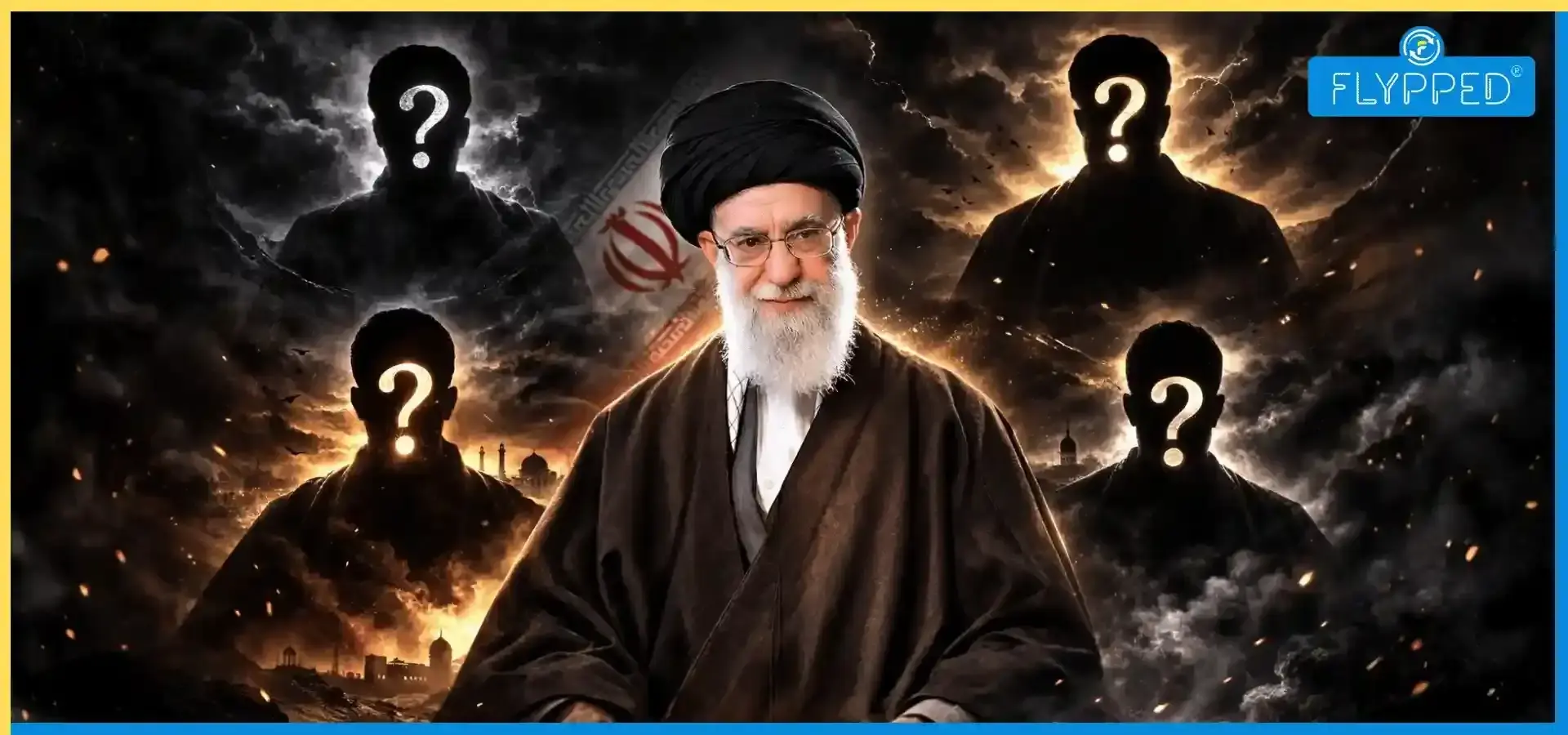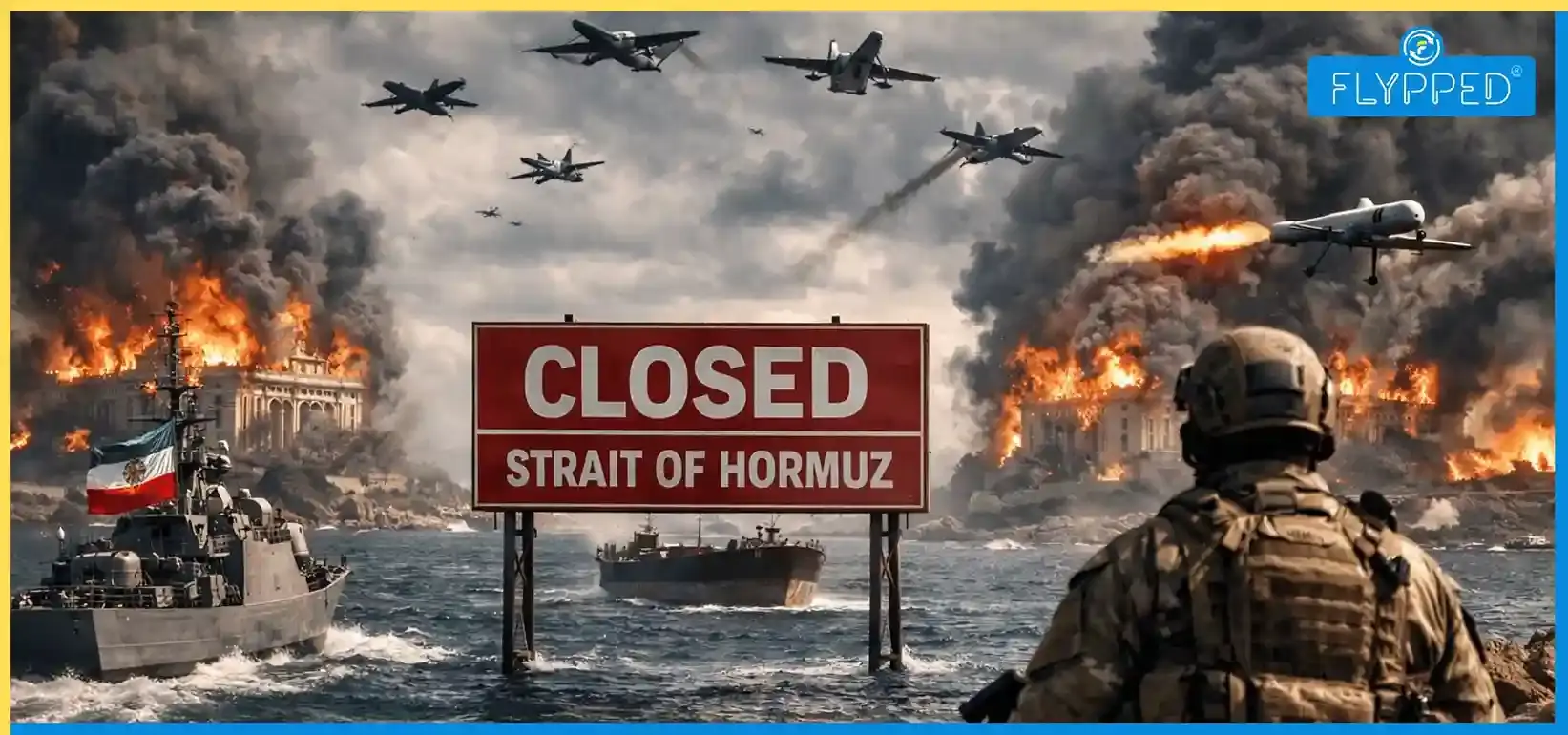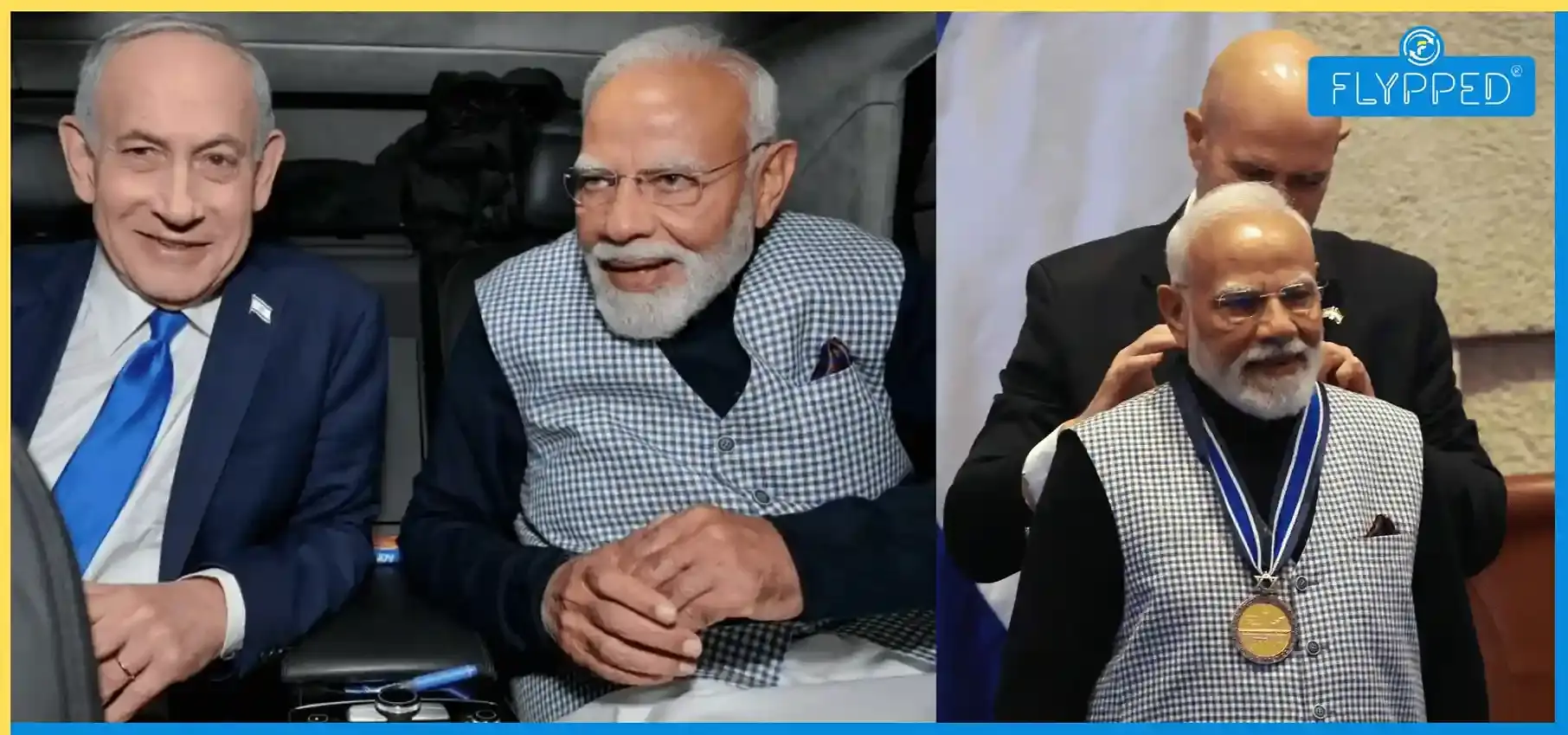Sri Lankan President Dissanayake Calls Discussions with Jaishankar and Doval Fruitful and Constructive
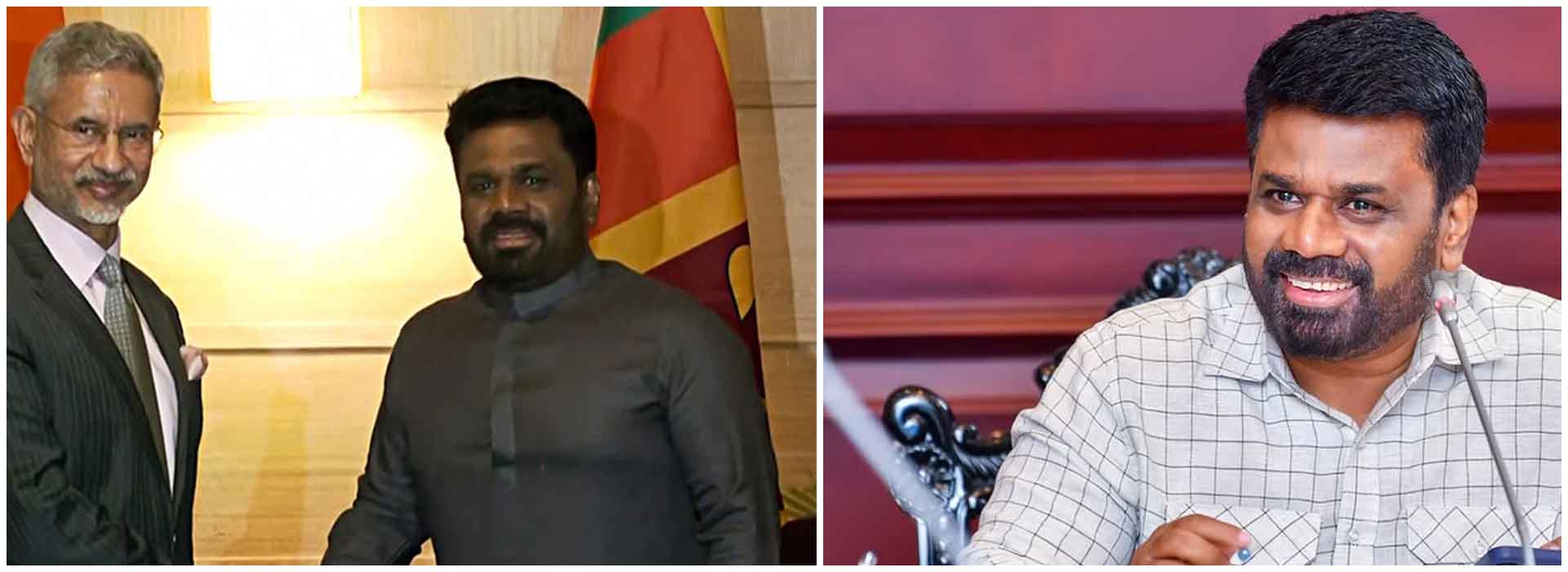
Sri Lankan President Rohan Dissanayake has described his recent discussions with Indian External Affairs Minister S. Jaishankar and National Security Advisor Ajit Doval as "fruitful and constructive," marking a significant step in strengthening the ties between the two neighboring nations. The President is set to meet Indian Prime Minister Narendra Modi on Monday for wide-ranging talks focusing on trade, investment, energy, and maritime security. These meetings signal a renewed push to deepen the bilateral relationship between Sri Lanka and India.
A Step Forward in Sri Lanka-India Relations
President Dissanayake's visit to India comes at a pivotal time. As Sri Lanka seeks to rebuild its economy and reinforce its regional partnerships, India’s role as a key ally has become more critical than ever. The discussions with Jaishankar and Doval have laid the groundwork for broader engagement, highlighting shared priorities and mutual interests.
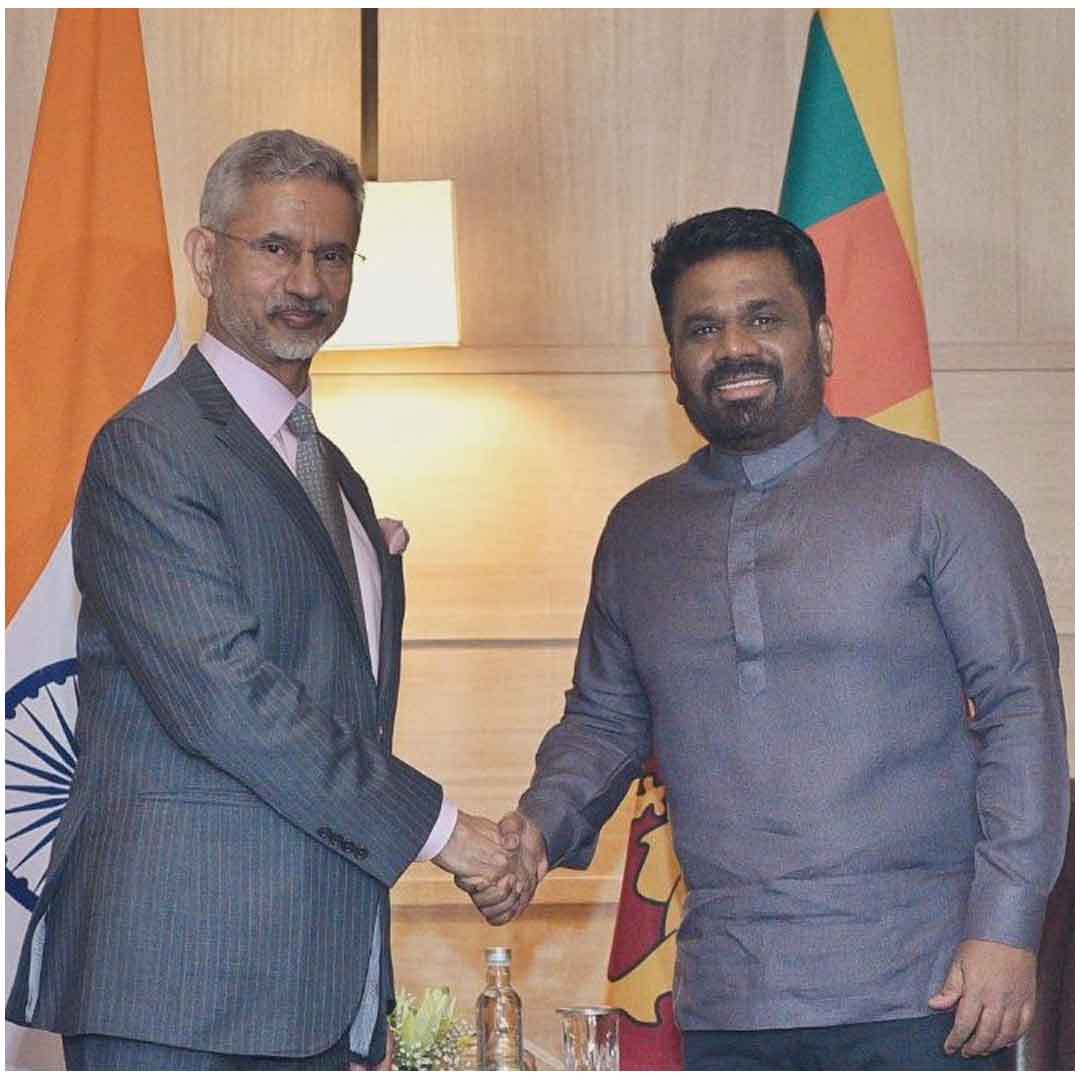
"The conversations were incredibly productive," President Dissanayake remarked, emphasizing the collaborative spirit of the talks. "Both sides are eager to work together on areas that will have tangible benefits for our people and the region."
Key Areas of Discussion
The President’s meetings with Indian leaders have touched upon several crucial areas:
- Trade and Investment:
Boosting economic ties remains a top priority. India is one of Sri Lanka’s largest trading partners, with bilateral trade reaching over $6 billion in recent years. The two nations are exploring ways to further enhance trade volumes, address trade imbalances, and attract Indian investments into Sri Lanka’s growing sectors like tourism, agriculture, and technology. - Energy Collaboration:
Energy security is another major focus. Discussions have revolved around renewable energy projects, including solar and wind energy initiatives, and improving cross-border energy connectivity. With Sri Lanka’s strategic location in the Indian Ocean, energy partnerships could bring substantial benefits to both nations. - Maritime Security:
The Indian Ocean is a shared space of strategic importance for both countries. Strengthening maritime security, tackling piracy, and ensuring freedom of navigation are top priorities. Both leaders acknowledged the need for enhanced cooperation in protecting their shared maritime borders. - People-to-People Ties:
Beyond trade and security, the talks also focused on enhancing cultural and educational exchanges. Both nations share a deep cultural and historical connection, and efforts to strengthen these bonds were discussed.
The Role of Jaishankar and Doval
External Affairs Minister Jaishankar and National Security Advisor Doval played crucial roles in setting the stage for President Dissanayake’s visit. Jaishankar, a seasoned diplomat, highlighted India’s continued support for Sri Lanka in its post-crisis recovery, including assistance in debt restructuring and development projects.
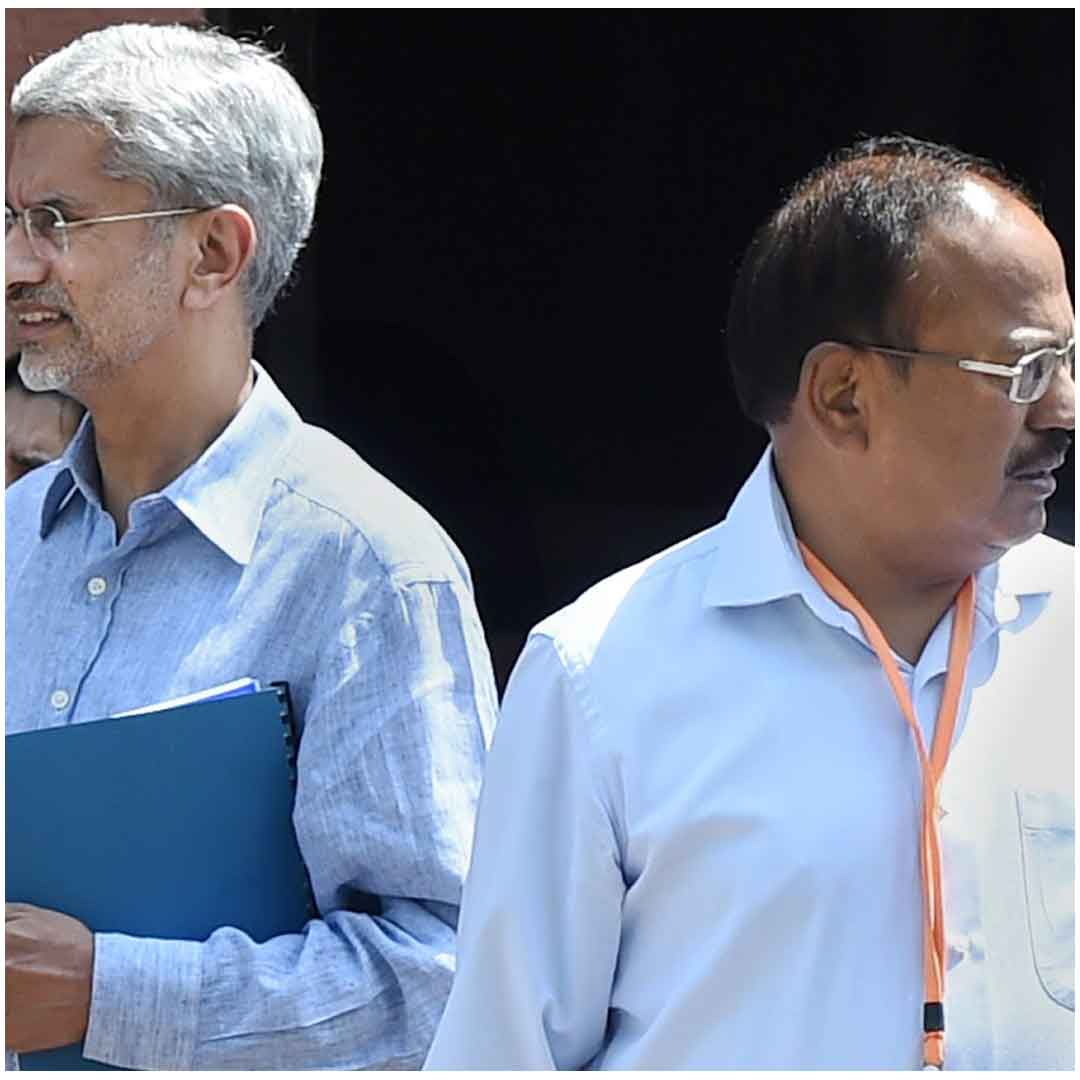
Meanwhile, Ajit Doval emphasized the importance of security collaboration, particularly in countering regional threats and ensuring stability in the Indian Ocean region. His discussions with President Dissanayake underscored India’s commitment to being a reliable partner in maintaining regional peace.
Looking Ahead to the Modi-Dissanayake Meeting
The upcoming meeting between President Dissanayake and Prime Minister Modi is expected to be a significant milestone in Sri Lanka-India relations. Building on the groundwork laid by previous discussions, the leaders are likely to delve deeper into issues of mutual interest. Some of the key points that may feature in their talks include:
- Expanding Bilateral Trade:
With India emerging as an economic powerhouse, Sri Lanka is keen to leverage its proximity to attract more Indian businesses. Discussions on a revamped trade agreement that ensures mutual benefits for both nations are anticipated. - Development Projects:
India has been a major contributor to Sri Lanka’s development, funding infrastructure, housing, and healthcare projects. The meeting may explore new avenues for collaboration, particularly in rebuilding areas affected by Sri Lanka’s recent economic challenges. - Energy and Connectivity:
The leaders are likely to discuss the expansion of energy ties, focusing on renewable energy initiatives and the possibility of an undersea power cable linking the two nations. Enhancing connectivity, including new transportation and shipping routes, may also be on the agenda. - Geopolitical Cooperation:
In the context of growing global tensions and regional dynamics, the two leaders may strategize on how to jointly address challenges posed by external influences in the Indian Ocean region.
Why This Visit Matters
Sri Lanka and India share more than just geographical proximity. Their relationship is rooted in centuries of cultural, religious, and historical ties. However, in recent years, the partnership has faced its share of challenges, including economic competition and strategic tensions. President Dissanayake’s visit is a testament to both nations’ commitment to overcoming these hurdles and working together for mutual prosperity.
https://twitter.com/anuradisanayake/status/1868346547852972076
For Sri Lanka, stronger ties with India could be a game-changer. With the country still recovering from its economic crisis, India’s support in terms of trade, investments, and financial aid is invaluable. On the other hand, for India, maintaining a strong relationship with its southern neighbor is crucial for its regional security and its ambitions as a global player.
A Focus on Regional Stability
One of the underlying themes of President Dissanayake’s visit is regional stability. Both nations recognize the importance of a stable and prosperous Indian Ocean region. As strategic players in this area, their collaboration is vital in addressing challenges like illegal fishing, environmental threats, and external geopolitical pressures.
By enhancing maritime security and fostering economic integration, the two countries aim to set an example of constructive bilateral engagement in the region.
Strengthening People-to-People Bonds
While the high-level talks focus on trade and security, it’s the people-to-people ties that truly anchor the relationship between India and Sri Lanka. From shared religious festivals to cultural exchanges, the two nations have a deep connection that transcends politics.
https://twitter.com/DrSJaishankar/status/1868349300100460585
Both governments are keen to enhance these ties through initiatives like student exchange programs, tourism campaigns, and collaborations in arts and cinema. President Dissanayake’s visit is expected to give a further push to these efforts, ensuring that the relationship remains vibrant and dynamic at the grassroots level.
A New Chapter in Bilateral Ties
As President Dissanayake prepares to meet Prime Minister Modi, there is a sense of optimism about the future of Sri Lanka-India relations. The constructive discussions with Jaishankar and Doval have set a positive tone, and the upcoming talks are expected to solidify their shared vision for a stronger partnership.
This visit is more than just a diplomatic engagement; it’s an opportunity to redefine the relationship between the two neighbors and set a course for mutual growth and stability in the years to come.
Conclusion
President Dissanayake’s visit to India and his discussions with Indian leaders mark an important moment in the relationship between the two countries. With a focus on trade, energy, maritime security, and cultural ties, these talks are paving the way for a deeper and more meaningful partnership. As both nations navigate the challenges of a changing world, their collaboration stands as a beacon of what can be achieved through mutual respect and shared goals.
Click to read the full article

